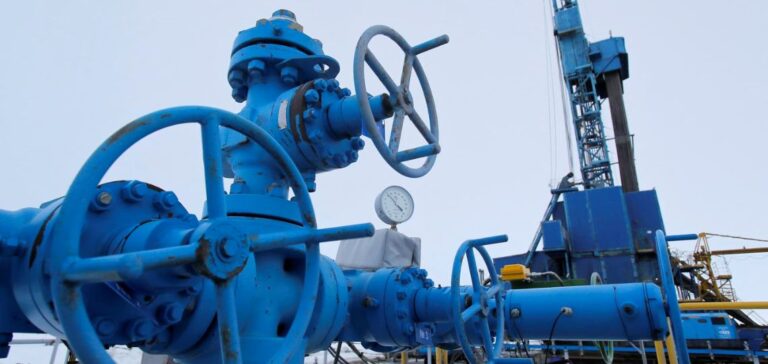The IEA (International Energy Agency) defines the measures to close a possible gap between gas supply and demand.
An expected report
The IEA, through a report, determines the measures to be taken in the event of a total disruption of Russian gas supply. Indeed, the European Union (EU) would suffer a potential deficit of 30 billion cubic meters of natural gas in 2023. However, the Agency specifies ways to avoid this shortage.
According to the IEA, it is necessary to deploy renewable energies, heat pumps and promote energy savings. The report ” How to avoid gas shortages in the European Union in 2023” confirms the progress already made in this area. Indeed, LNG supplies will be restricted, especially if Chinese demand rebounds.
In addition, the weather is likely to have a significant impact on European gas demand this winter. At a press conference in Brussels, IEA Executive Director Fatih Birol presented the report in the presence of Ursula von der Leyen.
The President of the European Commission, Ursula von der Leyen, says:
“We have managed to resist Russia’s energy blackmail. With our REPowerEU plan to reduce Russian gas demand by two-thirds by the end of the year, mobilizing up to 300 billion euros of investments. The result of all this is that we are safe for this winter. So now we are focusing on preparing for 2023 and the next winter. For this, Europe needs to step up its efforts in several areas, from international outreach to joint gas procurement, scaling up and accelerating renewables and reducing demand.”
Circumstances allow EU countries to fill their storage sites before this winter. However, there is no assurance for the year 2023 in this area.
Specific recommendations
The new IEA analysis shows that it is vital to strengthen energy efficiency and conservation actions. These measures will avoid the risk of shortages and a sharp rise in prices next year. Gas reserves at the beginning of December 2022 provide a significant reserve before winter.
Government decisions and consumer actions reduce the potential gap between gas supply and demand in 2023. The resumption of nuclear and hydroelectric generation will also play a major role. Assuming a total absence of Russian gas and a rebound of the Chinese economy to the level of 2021, the situation would be critical.
Indeed, the gas deficit in Europe could reach 27 billion cubic meters in 2023. To accelerate the search for energy efficiency, the report recommends expanding savings measures. The IEA advocates home renovations and the adoption of efficient appliances and lighting.
In addition, the agency recommends encouraging smart technologies and the switch from gas to electricity in industry. The report also proposes to simplify administrative procedures and to support electrification with financial aid. Finally, the IEA details the possibilities of biogas production and the countries that still have export reserves.






















